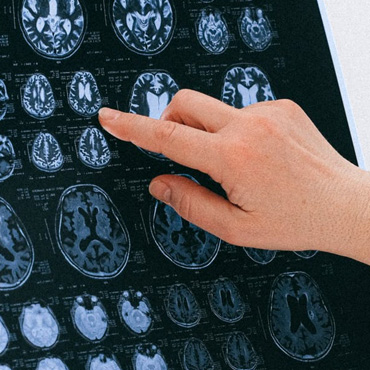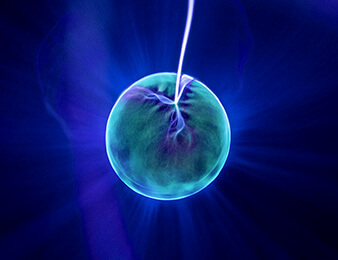Epilepsy - The Diagnosis
The first port of call is usually the GP who, if there is a suspicion of epilepsy, refers patients for the expert opinion of a hospital consultant. This specialist is likely to be a consultant neurologist but could be a consultant physician who may have a specialist interest in epilepsy.
During your first appointment, the specialist will likely take detailed notes of the events which have been happening, as described by either you or a reliable witness.
The consultant will most likely ask you or your companion any or all of the following questions:




